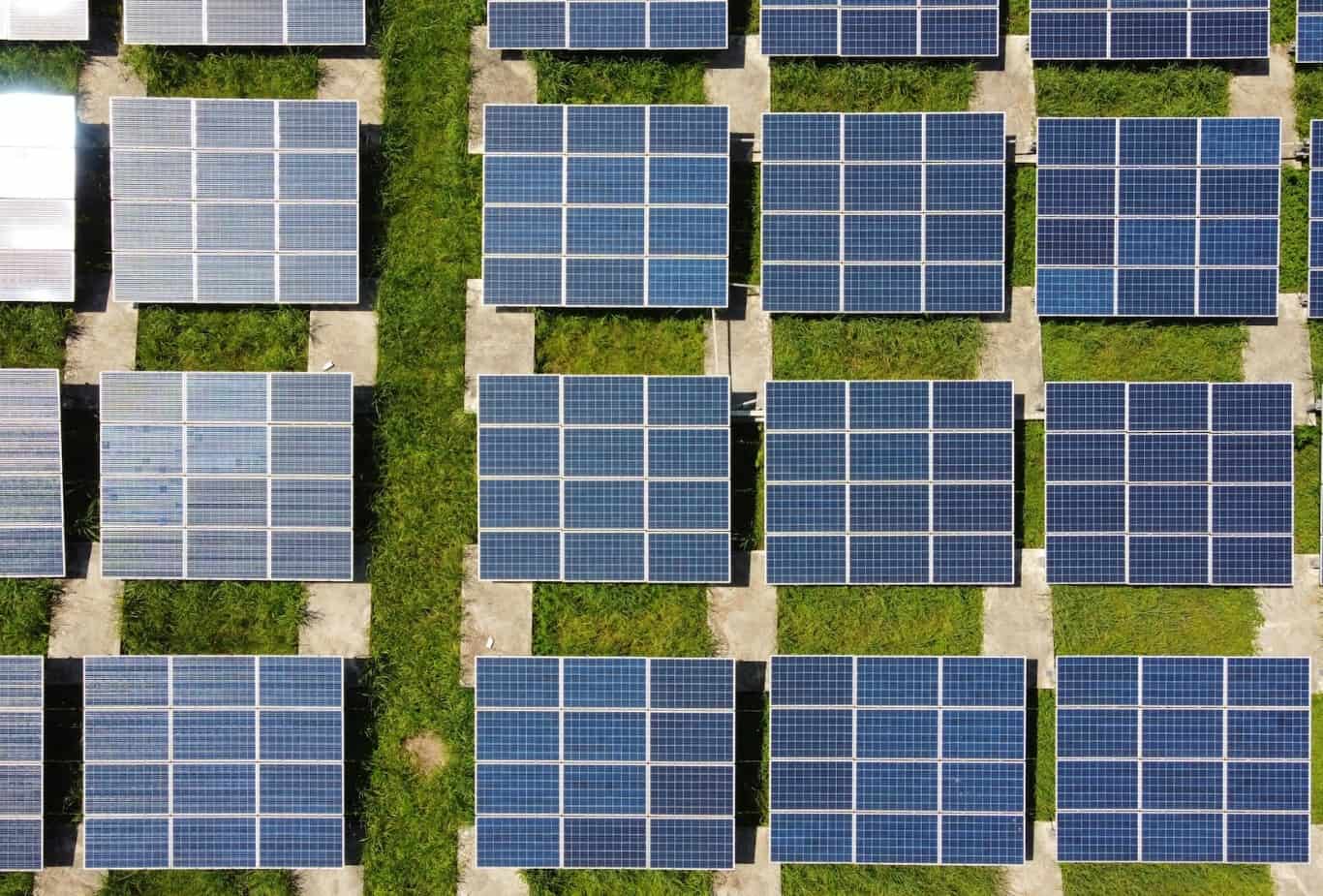Written by: Amy Cornforth
Posted on: 19/10/22
Energy Saving Week: Aligning Your Supply Base with Your Carbon Targets!
It’s Energy Saving Week in Northern Ireland, an event where they examine different methods of reducing the amount of energy consumed to lessen greenhouse gas emissions and reduce carbon footprints. However, this shouldn’t be limited to single householders if the targets specified in The Paris Agreement are to be met.

Sustainability Webinar
To learn more about aligning your supply base with your sustainability goals, have a look at our webinar replay!
To achieve the terms set out in the Paris Agreement, larger organisations are going to need to reduce emissions across all three scopes. These are defined by National Grid, as follows:
Scope 1: Covers emissions from sources that an organisation owns or controls directly
Scope 2: Emissions that a company causes indirectly when the energy it purchases, and uses is produced
Scope 3: Scope 3 encompasses emissions that are not produced by the company itself, and not the result of activities from assets owned or controlled by them, but by those that it’s indirectly responsible for, up and down its value chain.
Scope 3 emissions generally form the largest proportion of organisational carbon footprints. According to Deloitte, Scope 3 emissions accounts for more than 70 percent of carbon footprints for many organisations. These are also the trickiest to reduce because the organisation is not directly responsible for them. Reducing some Scope 3 emissions will involve a certain level of collaboration and transparency with your suppliers.
Increase transparency with ARCUS® Supplier Information Management (SIM)
ARCUS® SIM allows you to efficiently on-board ESG information from your suppliers, including information surrounding carbon activity and targets, significantly increasing your level of transparency. Configurable questionnaires are used to assist you in collecting the necessary carbon-related information from your suppliers.
Supplier certifications are automatically authenticated when supplier supporting documentation is scanned and verified at the point of upload through Artificial Intelligence, eliminating the need to complete time-consuming, manual checks. Additionally, you will have full confidence that due diligence has been undertaken in your processes, which drastically minimises any risk factors.
ARCUS® Analytics, Trade Interchange’s new data visualisation solution, offers a comprehensive visual oversight of carbon activities across your supply base using the information gathered from your suppliers through questionnaires, certifications, and API integrations. This allows you to assess how your supply base aligns with your carbon targets moving forward, and whether action needs to be taken.
To learn more about ARCUS® and Sustainability, have a look at our new video here.
Sustainability Webinar
To learn more about aligning your supply base with your sustainability goals, have a look at our webinar replay!
